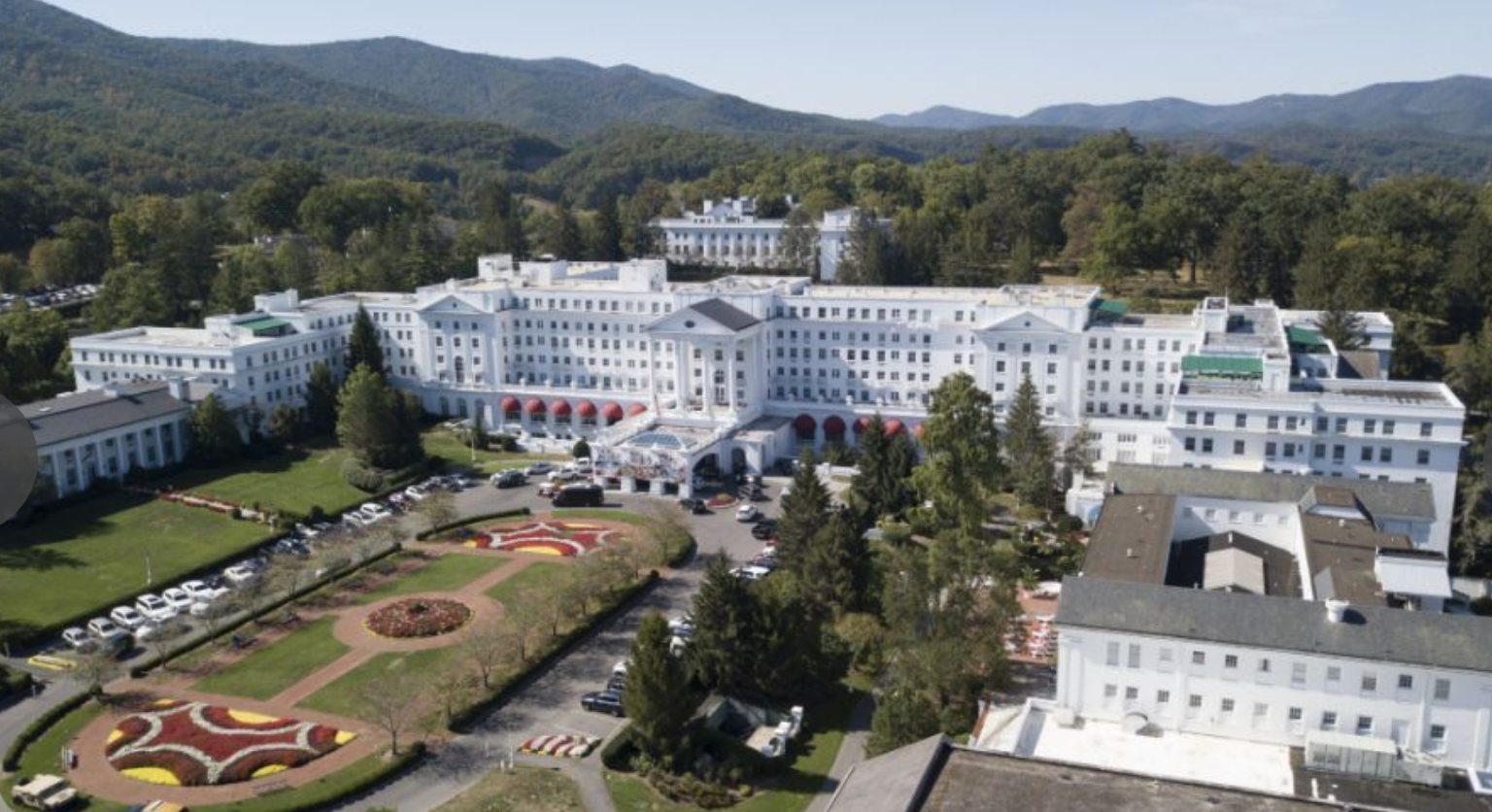Fort Worth Mayor Has No Reservations About Colonial Return; PGA Tour Reportedly Plans To Use Chartered Flights Between Events
/ESPN.com’s Bob Harig interviewed Fort Worth mayor Betsy Price, who has been working closely with the PGA Tour on plans to present the rescheduled Charles Schwab Challenge June 11-14. The mayor says she has no reservations about moving forward with the event and addressed the primary hurdle presented by Commissioner Jay Monahan: testing.
Price said that as of now, widespread testing is not available in Fort Worth, which the PGA Tour has said on a few occasions would be one of their criteria for returning at any of the events it plans to stage. But Price said she expected that to change "in about 10 days.''
"It has just been for people who show virus symptoms, but we have moved beyond that,'' Price said. "Pretty soon anyone will be able to get them, and that is what we are striving for. We're a town of 900,000 people, so it's going to be difficult for any city to test every one of their residents. But the testing is going to be much more robust.''
Complicating matters in the area: neighboring Dallas County saw a record-tying number of cases in its Monday report and the area also expects to lose federally funded testing capable of handling 1000 people per day even as numbers are going up.
Also, the current CDC guidelines on testing priorities fails to list professional golf or even anyone asymptomatic.
One question often asked about PGA Tour’s June return: air travel. A Golfweek report from Todd Kelly quotes Kevin Streelman, who said the plan is to use a chartered event between tournaments. I’m not sure how that affects the elite players who use private jets but it would seem to improve the chances of players not spreading the COVID-19 virus to air travelers while moving from city to city.
“There will probably be four, five, six of us who will split a plane to get to Colonial,” Streelman said. “The Tour has chartered planes, like big ones, for all the players and caddies in between events, trying to keep our bubble nice and tight.”
Oh it was a tight bubble already. But is anyone really wanting to be in a tight bubble of any kind just yet? Particularly one encased in hard surfaces with a robust air flow system? We’ll find out soon.


























